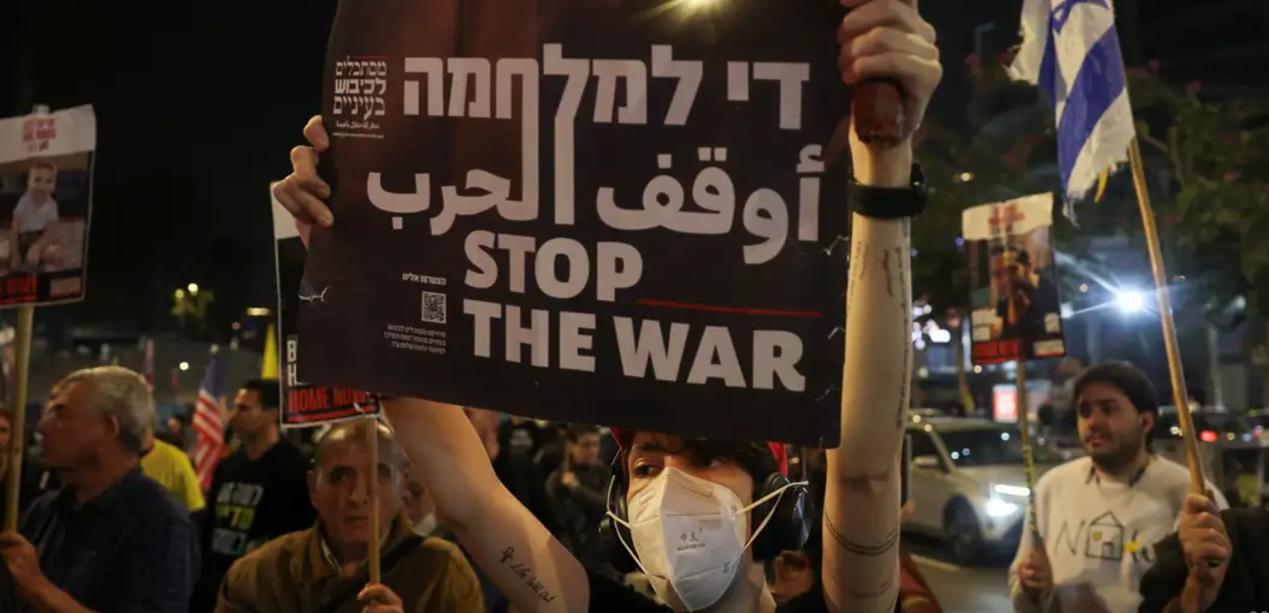
In September 2025, marking the fifth anniversary of the Abraham Accords, this agreement, once hailed as a "new dawn" for peace in the Middle East, now finds itself mired in the gap between reality and ideal. From the signing of the agreement at the White House in 2020 by the United Arab Emirates, Bahrain, and Israel, to the wavering stance of Syria and Saudi Arabia in 2025, the expansion process of the agreement and the dramatic changes in the regional security landscape have jointly drawn a complex and contradictory picture.
The original intention of the agreement: From an "anti-Iran alliance" to an attempt at economic integration
The birth of the Abraham Accords was essentially a product of the "anti-Iran alliance" led by the United States and driven by economic interests. The Trump administration sought to weaken Iran's influence in the region by normalizing relations between Israel and Arab countries, while also opening up new markets for American arms dealers. After the signing of the agreement, the United Arab Emirates quickly obtained advanced weapons such as F-35 fighter jets, and Israel, in exchange for suspending its plan to annex the West Bank, received a "de facto recognition" from Arab countries. Economically, trade between Israel and the United Arab Emirates increased by 400% within three years of the agreement's signing, and cooperation in areas such as technology, energy, and healthcare flourished. Even the direct flight between Abu Dhabi and Tel Aviv was dubbed the "peace route."
However, the "anti-Iran" undertone of the agreement has always been present. In the 2025 Israel-Iran conflict, Israel's precise strikes on Iran's nuclear facilities and the United States' further blockade of Iran's oil exports were both seen as "security linkages" under the framework of the agreement. This model of bundling economic cooperation with military confrontation has instead exacerbated the division among regional countries: while Gulf countries enjoy economic benefits, they remain strategically ambiguous due to concerns about being drawn into conflicts; Iran, on the other hand, continues to pressure the agreement's participants by supporting forces such as the Houthi rebels in Yemen and Shiite militias in Iraq within the "resistance arc."
Expansion dilemmas: Saudi hesitation and the Syrian situation
On the fifth anniversary of the agreement, its expansion process faces dual resistance. As a regional power, Saudi Arabia has always made the "establishment of a Palestinian state" a precondition for normalizing relations with Israel. Despite repeated pressure from Trump, including a face-to-face persuasion of the Saudi Crown Prince during his 2025 May Middle East trip, Saudi Arabia still insists on "solving the Palestinian issue first, then discussing normalization of relations." This stance has become even more resolute in the context of the United Nations General Assembly's adoption of the "New York Declaration" in September 2025, with 142 countries supporting the "two-state solution." A Saudi official privately stated: "We will not sacrifice the moral stance of the Arab world for an agreement."
The situation in Syria has brought an unexpected variable to the expansion of the agreement. In May 2025, Trump announced the lifting of sanctions against Syria that had lasted for two decades, on the condition that the new Syrian president, Shara, establish diplomatic relations with Israel and expel the "Islamic State" militants. Although this "transactional diplomacy" temporarily eased the economic crisis in Syria, it triggered a strong domestic backlash. Large-scale demonstrations broke out on the streets of Damascus, with protesters shouting, "We don't want peace with chains." More importantly, the territorial dispute (Golan Heights) and religious conflicts (Shiite and Sunni) between Syria and Israel are far more complex than those between the UAE and Bahrain. It remains questionable whether the agreement can be implemented in Syria.
The Paradox of Peace: Economic Cooperation Conceals Security Dilemma
The five-year practice of the agreement has exposed a core paradox: economic cooperation can create short-term benefits but fails to address long-term security dilemmas. Although Israel has improved its isolated status in the region through the agreement, its continuous expansion of settlements in the West Bank, military blockade of the Gaza Strip, and the planned 2025 air strike against Hezbollah in Lebanon have all intensified the Israeli-Palestinian conflict. A UN report shows that in the first half of 2025, violent incidents by Jewish settlers in the West Bank increased by 60% compared to the same period last year, and the number of Palestinian detainees exceeded 5,000. This "coexistence of economic cooperation and military oppression" model makes it difficult for the agreement's participating countries to truly trust Israel's sincerity for peace.
In the future, a breakthrough in Middle East peace may require going beyond the "agreement mindset". On the one hand, the international community needs to increase support for the "two-state solution" and push for the resumption of direct negotiations between Israel and Palestine. On the other hand, regional countries should explore a "de-Americanization" path to reconciliation, such as the China-facilitated Saudi-Iranian rapprochement model, to build a foundation of trust through economic interconnection and cultural exchange. Only in this way can the Middle East, five years after the agreement, truly break away from the cycle of "yesterday's repetition" and move towards a lasting peaceful future.

Since 2022, the Fed has cumulatively reduced its balance sheet by $2.4 trillion through quantitative tightening (QT) policies, leading to a near depletion of liquidity in the financial system.
Since 2022, the Fed has cumulatively reduced its balance sh…
On December 11 local time, the White House once again spoke…
Fiji recently launched its first green finance classificati…
Recently, the European Commission fined Musk's X platform (…
At the end of 2025, the situation in the Caribbean suddenly…
The U.S. AI industry in 2025 is witnessing a feverish feast…